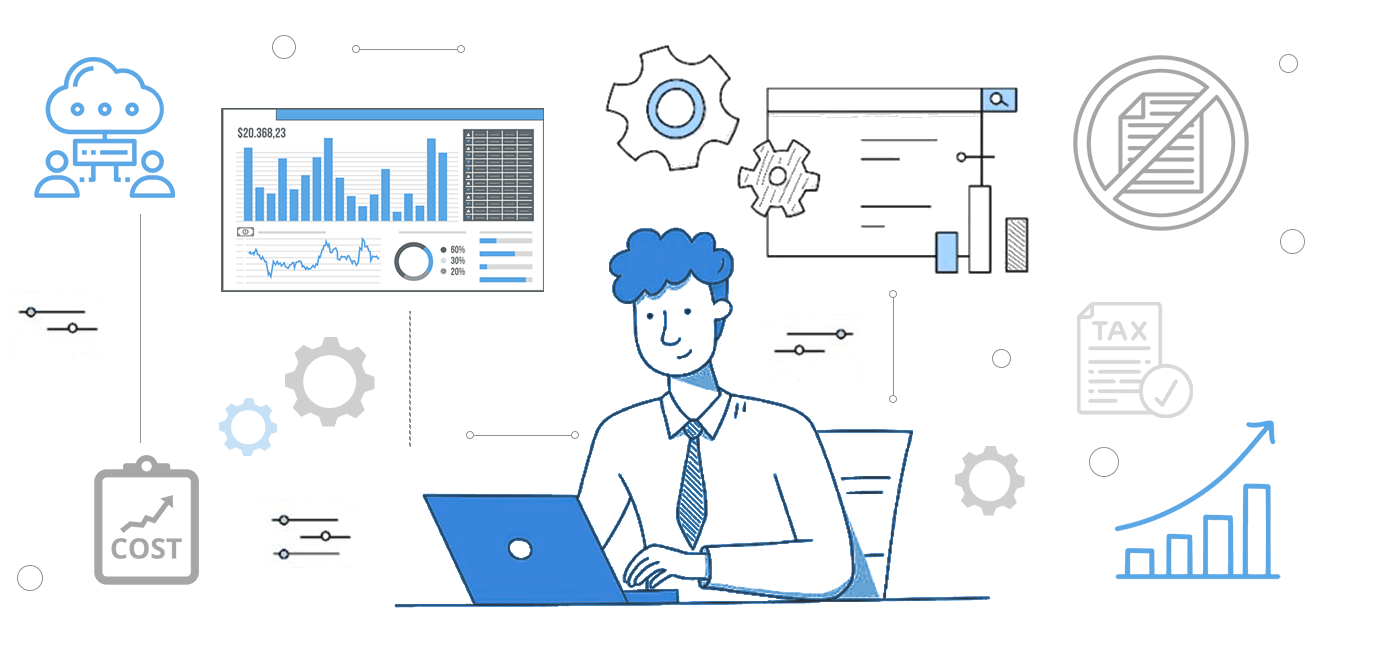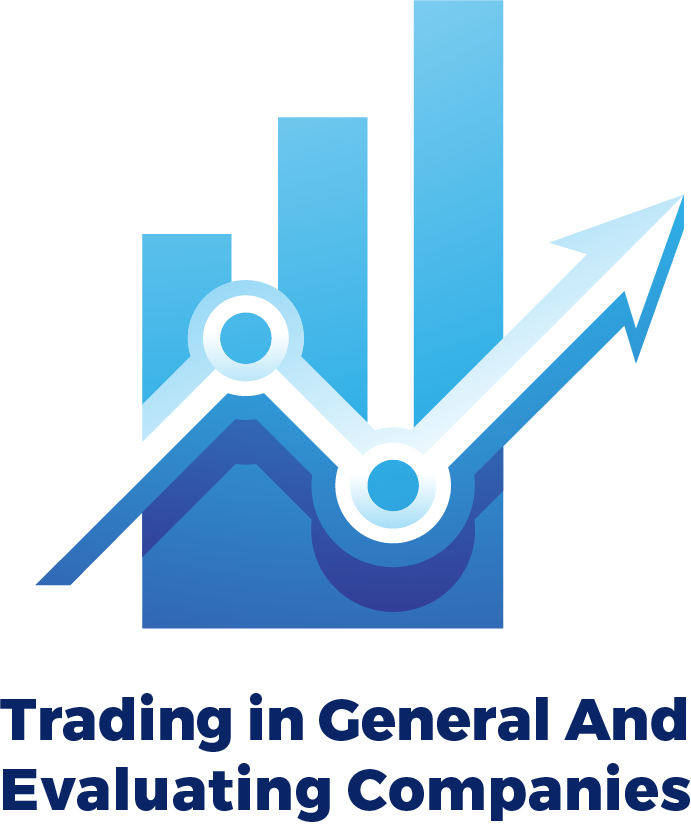Welcome to the World of Accounting work from home! In this introduction, we’ll explore the ins and outs of working in the field of accounting from the comfort of your own home.
Discover the flexibility, challenges, and opportunities that come with managing finances remotely, and learn how to thrive in this dynamic work environment. Whether you’re a seasoned accountant or just starting out, get ready to unlock the potential of Accounting work from home in the world of accounting.
Managing Time for Accounting work from home

“Time Management Strategies for Accounting work from home:
- Establish a Routine: Set a consistent schedule for your workday, including designated start and end times. This helps create structure and ensures accountability.
- Prioritize Tasks: Identify the most important tasks for the day and tackle them first. Use tools like to-do lists or task management apps to organize and prioritize your workload.
- Break Tasks into Manageable Chunks: Divide larger tasks into smaller, more manageable chunks to avoid feeling overwhelmed. Set specific goals for each segment to stay focused and track progress.
- Time Blocking: Allocate specific time blocks for different types of tasks, such as client meetings, data analysis, and report generation. This helps minimize distractions and improve productivity.
- Minimize Distractions: Create a distraction-free work environment by eliminating or minimizing potential distractions, such as social media, personal phone calls, or household chores.
- Take Regular Breaks: Schedule short breaks throughout the day to recharge and maintain focus. Use this time to stretch, go for a short walk, or engage in other rejuvenating activities.
- Utilize Time Management Tools: Explore productivity tools and techniques to streamline your workflow, such as Pomodoro Technique, time tracking apps, and calendar scheduling tools.
- Set Boundaries: Clearly communicate your work hours and availability to clients, colleagues, and family members. Establishing boundaries helps maintain work-life balance and prevents burnout.
- Evaluate and Adjust: Regularly assess your time management strategies to identify what’s working well and where improvements can be made. Be flexible and willing to adjust your approach as needed.
- Practice Self-Care: Prioritize self-care activities, such as exercise, healthy eating, and adequate sleep, to maintain overall well-being and sustain productivity in the long run.
By implementing these time management strategies, you can effectively manage your workload and optimize productivity while Accounting work from home.”
Communication and Collaboration
Effective communication and collaboration are essential components of successful Accounting work from home. In a virtual environment, clear and timely communication with clients, team members, and stakeholders is crucial for ensuring transparency, accuracy, and efficiency in financial management processes.
Utilizing digital communication tools such as email, video conferencing platforms, and instant messaging apps facilitates seamless interaction and enables real-time collaboration on accounting tasks and projects. Regular check-ins, status updates, and virtual meetings help foster collaboration, maintain alignment on project goals, and address any issues or concerns promptly.
Additionally, establishing channels for sharing documents, files, and data securely ensures that everyone involved has access to the necessary information to perform their roles effectively. By prioritizing communication and collaboration in Accounting work from home, teams can enhance productivity, minimize errors, and deliver exceptional results to clients.
Security and Confidentiality

Security and confidentiality are paramount considerations in remote accounting work, where sensitive financial information is frequently handled and transmitted electronically. Implementing robust security measures is essential to safeguarding client data and maintaining trust and credibility in the profession.
Encryption protocols should be utilized to protect data during transmission and storage, ensuring that confidential information remains inaccessible to unauthorized parties. This includes using secure file transfer protocols and encrypted email communication for exchanging sensitive documents and information.
Access controls should be enforced to restrict data access to authorized personnel only. Multi-factor authentication, strong passwords, and role-based permissions help prevent unauthorized individuals from gaining entry to sensitive financial systems and databases.
Regular security audits and vulnerability assessments should be conducted to identify and address potential security gaps and weaknesses proactively. This involves monitoring network activity, assessing system vulnerabilities, and implementing patches and updates to mitigate security risks.
Employee training and awareness programs are essential for promoting a culture of security and confidentiality within the organization. Employees should be educated on best practices for handling sensitive information, recognizing phishing attempts, and adhering to data security policies and procedures.
Furthermore, compliance with industry regulations and standards, such as the General Data Protection Regulation (GDPR) and the Sarbanes-Oxley Act (SOX), is imperative for ensuring legal and regulatory compliance in remote accounting operations. This includes implementing data retention policies, conducting regular audits, and maintaining comprehensive audit trails to demonstrate adherence to applicable regulations.
By prioritizing security and confidentiality in Accounting work from home practices, firms can mitigate the risk of data breaches, protect client confidentiality, and uphold the integrity and reputation of the profession.
Accounting work from home Techniques

“Techniques for Accounting work from home:
- Cloud-Based Accounting Software: Utilize cloud-based accounting platforms such as QuickBooks Online, Xero, or FreshBooks to access financial data from anywhere with an internet connection. These tools streamline bookkeeping processes, facilitate collaboration with clients and team members, and provide real-time insights into financial performance.
- Digital Document Management: Implement digital document management systems to organize and store financial documents securely. Utilize tools like Google Drive, Dropbox, or Microsoft SharePoint to centralize document storage, streamline document sharing, and ensure version control.
- Virtual Meetings and Screen Sharing: Conduct virtual meetings with clients and team members using video conferencing platforms like Zoom, Microsoft Teams, or Google Meet. Screen sharing features enable collaborative discussions on financial reports, budgeting strategies, and tax planning initiatives.
- Automated Data Entry and Bank Feeds: Take advantage of automation tools to streamline data entry tasks and minimize manual input errors. Enable bank feeds in accounting software to automatically import bank transactions, reducing the need for manual reconciliation and accelerating the accounting process.
- Electronic Signatures and Digital Approvals: Implement electronic signature tools such as DocuSign or Adobe Sign to obtain client signatures on important documents securely. Utilize digital approval workflows to streamline review and approval processes for invoices, expense reports, and financial statements.
- Remote Access to Desktop Applications: Use remote desktop access tools like TeamViewer or LogMeIn to access desktop accounting software and files from your home computer. This enables seamless access to familiar accounting tools and workflows while working remotely.
- Collaboration Platforms and Project Management Tools: Leverage collaboration platforms such as Slack, Microsoft Teams, or Asana to communicate with team members, share updates, and coordinate tasks efficiently. These tools facilitate real-time collaboration, task assignment, and project tracking for remote accounting projects.
- Data Security and Encryption: Implement robust data security measures to protect sensitive financial information from unauthorized access and data breaches. Utilize encryption technologies, secure file transfer protocols, and multi-factor authentication to safeguard client data and maintain confidentiality.
- Continuous Learning and Professional Development: Stay updated on the latest accounting trends, regulations, and technologies through online courses, webinars, and professional development resources. Invest in ongoing training to enhance your skills and adapt to evolving industry standards in remote accounting practices.
- Client Communication and Relationship Management: Maintain regular communication with clients through email updates, scheduled calls, and progress reports. Foster strong client relationships by providing proactive financial advice, addressing concerns promptly, and delivering exceptional service in a remote work environment.
By implementing these techniques, Accounting work from home can optimize productivity, streamline workflows, and deliver high-quality financial services to clients while working from home.”
Professional Development and Networking
Professional development and networking are essential components for advancing one’s career in remote accounting. Engaging in continuous learning through online courses, webinars, and professional associations helps accountants stay updated on industry trends and enhances their skills and knowledge.
Additionally, participating in virtual conferences, events, and online forums provides opportunities to connect with peers, share insights, and establish valuable professional relationships. Seeking mentorship from experienced professionals and actively networking on platforms like LinkedIn facilitates career growth and opens doors to new opportunities in the remote accounting landscape.
By prioritizing professional development and networking activities, remote accountants can stay competitive, expand their professional network, and achieve long-term success in their careers.
Overcoming Challenges and Adapting to Change
In the dynamic landscape of Accounting work from home, challenges are inevitable, but with the right strategies, they can be effectively addressed. One of the primary challenges is the adjustment to remote work itself, including managing time, maintaining productivity, and finding a healthy work-life balance. To overcome these challenges, Accounting work from home remote accountants can establish clear routines, set boundaries between work and personal life, and utilize productivity tools to optimize their workflow.
Another common challenge is the need to adapt to evolving technologies and software platforms. As accounting processes become increasingly digitalized, accountants must stay updated on the latest software tools and automation techniques. Continuous learning and professional development play a crucial role in overcoming this challenge, enabling accountants to acquire new skills and stay ahead of industry trends.
Additionally, communication and collaboration can present challenges in a remote work environment, particularly when team members are dispersed geographically. To address this, remote accountants can leverage communication tools such as video conferencing, instant messaging, and project management platforms to facilitate seamless collaboration and maintain open lines of communication with colleagues and clients.
Moreover, remote accountants may encounter challenges related to data security and confidentiality. With sensitive financial information being transmitted and stored electronically, ensuring robust security measures is essential. Implementing encryption protocols, multi-factor authentication, and data access controls can help mitigate security risks and safeguard client data.
Furthermore, adapting to changes in regulations, industry standards, and client expectations requires flexibility and agility. Accounting work from home must stay informed about regulatory updates, comply with industry standards, and adapt their practices to meet the evolving needs of clients.
Overall, overcoming challenges and adapting to change in remote accounting requires a combination of resilience, resourcefulness, and continuous learning. By proactively addressing challenges and embracing change, remote accountants can thrive in the dynamic and ever-evolving landscape of Accounting work from home.”
Future Trends and Opportunities

“Future Trends and Opportunities in Accounting work from home Accounting:
As technology continues to advance and Accounting work from home becomes more prevalent, the field of remote accounting is poised for significant growth and evolution. Several key trends and opportunities are shaping the future of remote accounting:
- Increased Adoption of Automation: The automation of repetitive accounting tasks, such as data entry, reconciliation, and reporting, is expected to become more widespread. Advancements in artificial intelligence and machine learning technologies will enable accountants to automate routine processes, freeing up time for higher-value tasks like data analysis and strategic planning.
- Expansion of Cloud-Based Accounting Solutions: Cloud-based accounting software will continue to gain popularity among remote accountants due to its accessibility, scalability, and collaborative features. As more businesses transition to cloud-based platforms, remote accountants will have greater flexibility and efficiency in managing financial data and collaborating with clients and colleagues.
- Emphasis on Data Analytics and Business Intelligence: The growing availability of data analytics tools and business intelligence platforms will enable remote accountants to derive actionable insights from financial data. By leveraging data analytics techniques, accountants can provide valuable strategic advice to clients, identify trends and opportunities, and optimize financial performance.
- Focus on Cybersecurity and Data Privacy: With the increasing digitization of accounting processes, cybersecurity and data privacy will become top priorities for remote accountants. Firms will need to invest in robust cybersecurity measures to protect sensitive financial information from cyber threats and ensure compliance with data privacy regulations.
- Remote Advisory Services: Remote accountants will increasingly offer advisory services beyond traditional accounting functions, such as financial planning, forecasting, and risk management. By providing strategic guidance and insights, remote accountants can help businesses navigate complex financial challenges and achieve their long-term goals.
- Globalization of Remote Accounting Services: Advances in technology and communication will enable remote accountants to serve clients globally, regardless of geographic location. This globalization of accounting services presents opportunities for Accounting work from home to expand their client base, collaborate with international colleagues, and tap into new markets.
- Integration of Blockchain Technology: Blockchain technology has the potential to revolutionize accounting processes by enhancing transparency, security, and efficiency in financial transactions. Remote accountants will need to stay informed about blockchain developments and explore opportunities to integrate blockchain solutions into their practice.
Overall, the future of remote accounting is bright, with exciting opportunities emerging as technology continues to reshape the profession. By embracing these trends and leveraging technological innovations, remote accountants can position themselves for success in the dynamic and evolving landscape of Accounting work from home.”
Conclusion
In conclusion, the transition to Accounting work from home represents a dynamic shift in the profession, offering both challenges and opportunities for accountants. As demonstrated throughout this discussion, remote accounting requires adaptation, resilience, and a proactive approach to overcoming obstacles such as time management, communication barriers, and data security concerns. However, it also opens doors to flexibility, efficiency, and expanded service offerings.
Other Questions
- What are some common challenges of working in accounting from home?
Common challenges include managing time effectively, maintaining productivity, and ensuring data security and confidentiality.
- How can remote accountants overcome communication barriers?
Accounting work from home can overcome communication barriers by utilizing video conferencing tools, instant messaging platforms, and project management software to facilitate seamless collaboration and maintain open lines of communication with clients and colleagues.
- What measures can Accounting work from home take to ensure data security?
Accounting work from home can ensure data security by implementing encryption protocols, multi-factor authentication, and access controls to protect sensitive financial information from unauthorized access and data breaches.




